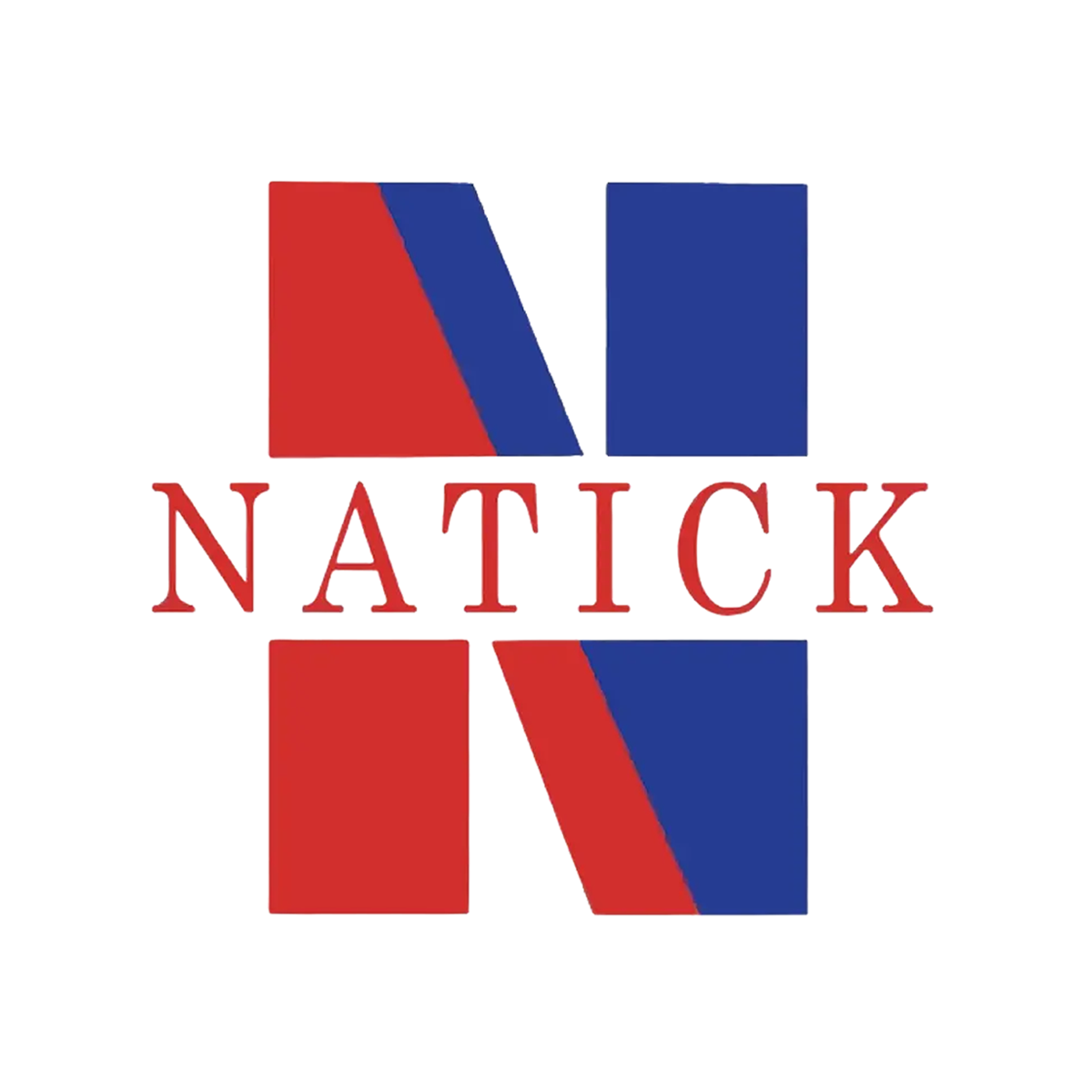Head Lice
Pediculosis (head lice) can be a nuisance but it is not a communicable disease or a health issue. Head lice is not related to personal hygiene or cleanliness in the home or school. What is pervasive is the stigma associated with the phenomenon of head lice management, promulgating fear and influencing policy and treatment practices. The burden of unnecessary absenteeism and social stigma to the students, families and schools far outweighs the risks associated with a case of head lice.
NPS nurses support evidence-based practice regarding head lice based on research and guidelines from the American Academy of Pediatrics, the Centers for Disease Control & Prevention, the MA Department of Public Health, and the National Association of School Nurses. Should a case of head lice be brought to the school’s attention, the school nurse shall:
maintain confidentiality at school
verify the presence of an active infestation
contact the student’s parents/guardians, and
provide education, support, with referral to pediatrician if needed
NPS parents/guardians have the prime responsibility of assisting in the prevention and management of head lice cases through regular checks of their child’s hair, notifying close contacts of their child, and starting immediate treatment when head lice are detected.
By the time an infestation is found, the student has most likely had the head lice for 30 days or more, thus, students with live head lice do not need to be sent home early from school, unless parents/guardians want and/or are able to dismiss them. Students with an infestation are able to take the school bus. Students found with lice should be treated at home, and may return to school after appropriate treatment has begun. Nits may persist after treatment, but successful treatment should kill crawling lice.
NPS nurses shall not:
conduct whole classroom screenings for lice.
exclude students and/or staff from school for nits or live lice.
send out broad notification of head lice infestations to the school community.
“Classroom ‘notification letters’ have been known to violate privacy laws, cause social stigma and create unnecessary public alarm, as well as reinforce the notion that a head lice infestation indicates a failure on the family’s and/or school’s part”.
Click for more information: NPS Pediculosis (Head Lice) Policy & Guidelines
NPS nurses advocate for evidence-based head lice management strategies that eliminate exclusionary practices, promote positive student outcomes, and reduce student absenteeism.
